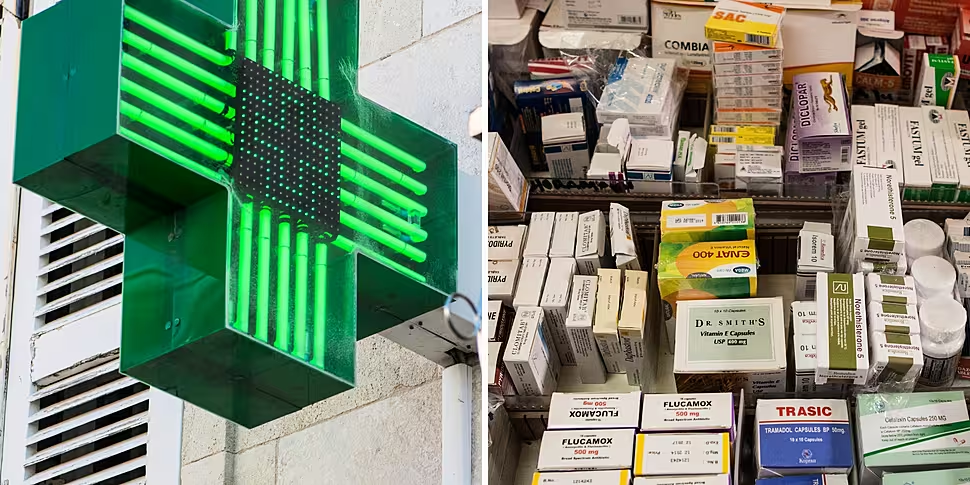Pharmacies are asking patients to submit prescriptions up to five days in advance as the medicines shortage continues to deteriorate.
That’s according to the Chair of the Pharmacy Contracts Committee of the Irish Pharmacy Union Kathy Maher, who was speaking to Breakfast Briefing on how patients can best ensure they receive their prescriptions on time.
Ms Maher was echoing the advice of The Pharmacy Regulator, who recommended patients to pre-order their prescription with their pharmacist possibly five days in advance.
“The sooner I know a medicine isn't available for a particular patient, the more options, and the more time I have in trying to source an alternative,” she said.
“Five days in advance or anytime in advance certainly will give good time to the pharmacist to try and source alternatives.”
‘Not always the case’
Ms Maher said pharmacists have to seek out alternatives for patients if they realise their medicine is not readily available.
“For some patients, I might need to use a different strength so perhaps I need to cut that in half for them,” she said.
“I might need to double up and maybe use two tablets, or maybe find a different brand or different generic or contact the prescriber to source an alternative.”
Ms Maher said this is not always possible, as was the case during last winter’s global medical shortage.
“Those antibiotics that were in short supply – they were acute prescriptions for patients who needed them there and then,” she said.
The Irish market
Ms Maher said when the delay in supply is caused by a manufacturing issue or a raw ingredient shortage, "the price plays no part whatsoever."
"We do know that there are some medicines that struggle to make it to the Irish market because it's a high cost to get medicine to the Irish market," she said.
"Geographically, we're an island at the very west end of Europe, so, to get medicines to Ireland, it is a costly, costly experience.
"So when a licenced product does go into short supply, it means that I have to source an alternative.
"Sometimes that has to be an unlicensed product into the country and that creates a bit of fear among patients.
" It has a licence for supply in another country that has been deemed safe so we are okay to use them."
Current situation
Ms Maher said the HPRA medicines regulator website currently has about 300 medicines listed as “medicines out of short supply.”
“There's a difference between what's called a ‘critical shortage’ – when there's no equivalent product – versus where there's ‘low impact’, so, there may be other generic medicines on the market,” she said.
“Generally, it's worth noting that when there's a critical shortage, we have to go back to the prescriber and get something changed.
“Other times it might be the case that we can therapeutically substitute.
“It is ongoing. It's a problem that is globally a problem – not just an Irish problem – that it's worsening as the years go on.
“97% of pharmacists recently surveyed report that shortages have significantly increased in the past 12 months.
“87% to 90% feel that this is going to increase and worsen in the next coming year.”









